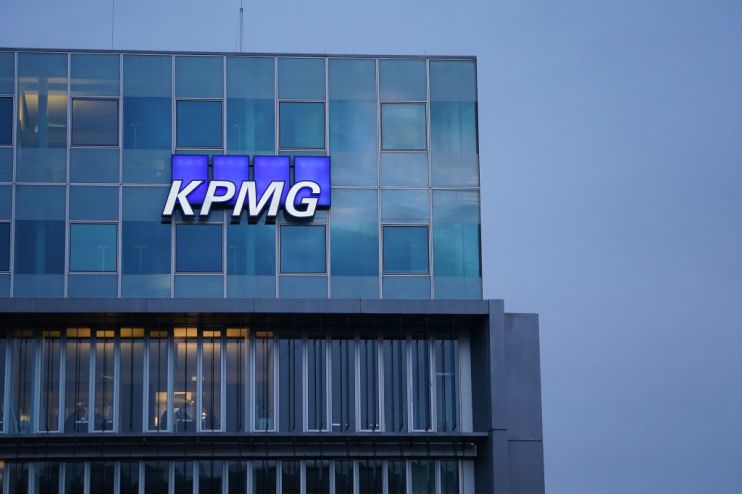KPMG: Financial services firms ability to tackle the pandemic and climate risk will be a measure of their success

Tomorrow’s Financial Stability Report from the Bank of England will no doubt applaud the crucial role played by UK financial services in guiding our economy through the pandemic so far. But, to think we are out of the woods is an error – leaving lockdown will require every bit as much caution as surviving it has.
As we emerge, many UK businesses and individuals are left facing deferred debt and taxation payments. For many, this in itself will lead to problems with cashflow. But it becomes an even bigger challenge when you consider the issues created and compounded by the Covid crisis and Brexit: The cost of certain raw materials has risen drastically, supply chains have been disrupted and the labour market depleted. It also has to be assumed that isolation requirements for Covid will continue to affect the UK’s workforce for some time yet. All of this will lead to considerable strains on the purses of consumers and businesses alike.
While the focus of the report won’t specifically be on vulnerable customers, it serves as a timely reminder for firms to consider the pressures on customers at a time when pandemic support mechanisms are being wound down. The lowest paid in society often took the biggest financial hit over the course of the last year. Much work has been, and continues to be done, to ensure our industry tackles the challenges customers have faced.
Operational resilience policies, made a requirement in March, will also likely be a key consideration in the Bank of England’s report.
Financial services firms’ technology and operational processes largely stood up to the test of the pandemic when remote working was made a reality overnight.
Firms rose to the immediate challenge, however, it is an ongoing job. With the rapid adoption of new technology, there is an increased risk that large-scale fraud or cyber-attacks could cause material disruption and undermine financial stability.
Many firms also uncovered new vulnerabilities linked to large-scale remote working, which will require significant investment.
We also must view our systemic resilience through the lens of the climate risk: The pandemic propelled progress towards the green agenda. The Bank of England itself exceeded its carbon emissions targets thanks to lockdown, and is now looking to stop air travel altogether for its staff; so it has certainly set the bar high.
Firms are facing growing pressure to demonstrate how they will mitigate the risk of climate change. While most boardrooms are attempting to improve their green credentials, the lack of standardised checks and balances makes it a tall ask for many. Reporting against green metrics means checking a whole new set of unaudited information. Over the next year we need to see firms investing seriously in creating checks and balances around green reporting.
Above all else, we have to ease Covid restrictions in a way which is economically viable and socially responsible. Rushing too fast comes with its own set of risks, as does treading too cautiously. Firms’ ability to manage the short to medium term challenges of the Covid crisis and the long-term threat of climate change must be able to stand up to tough scrutiny.